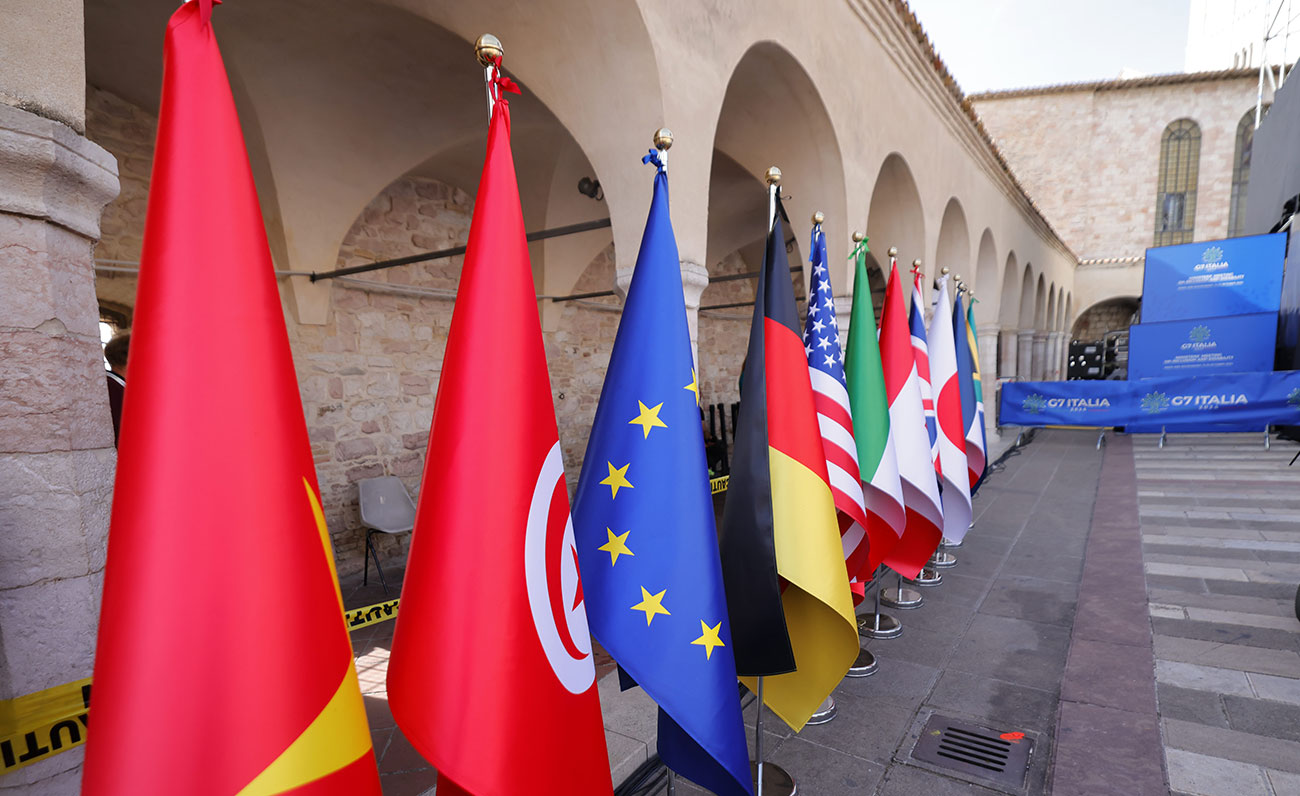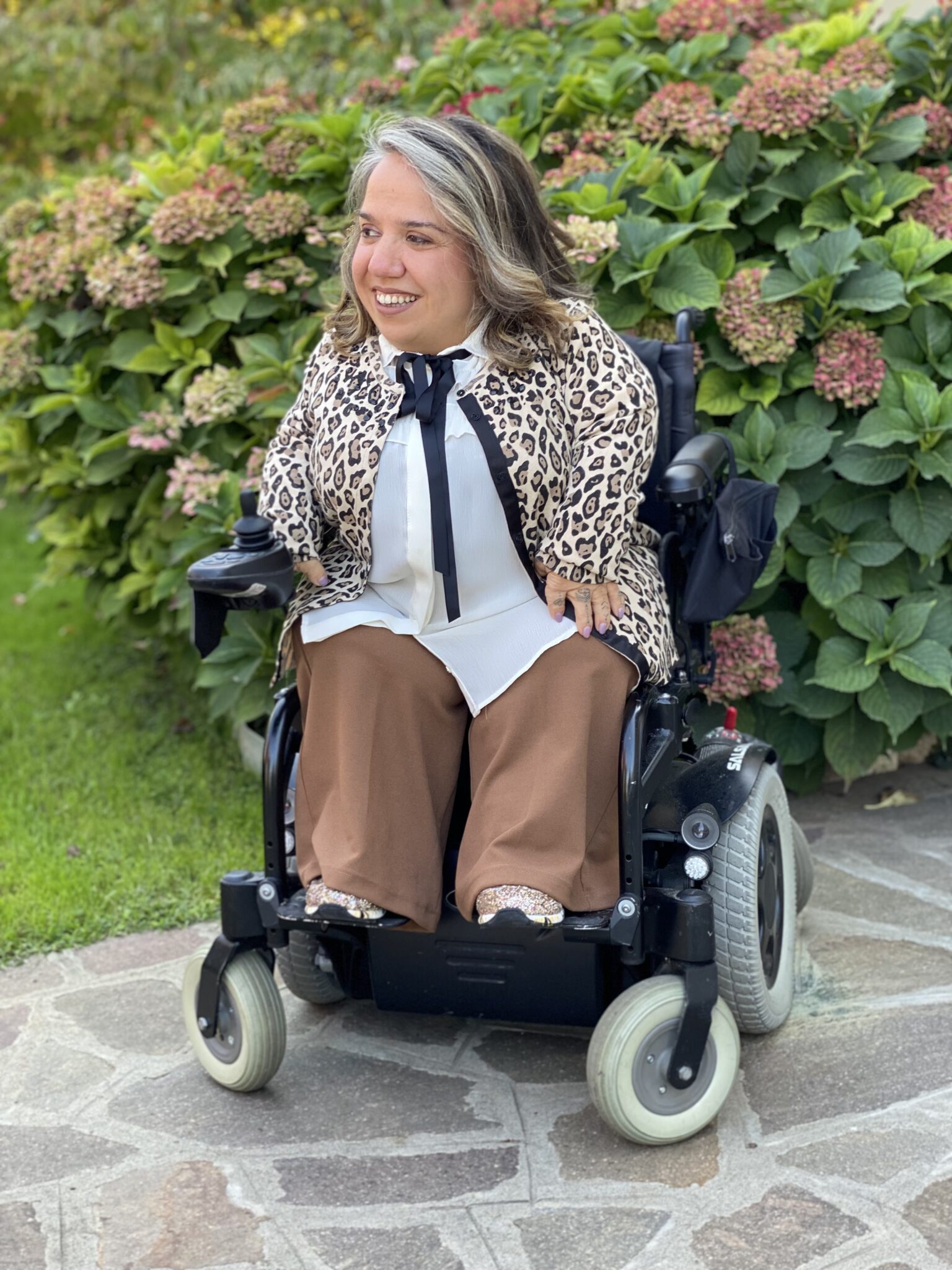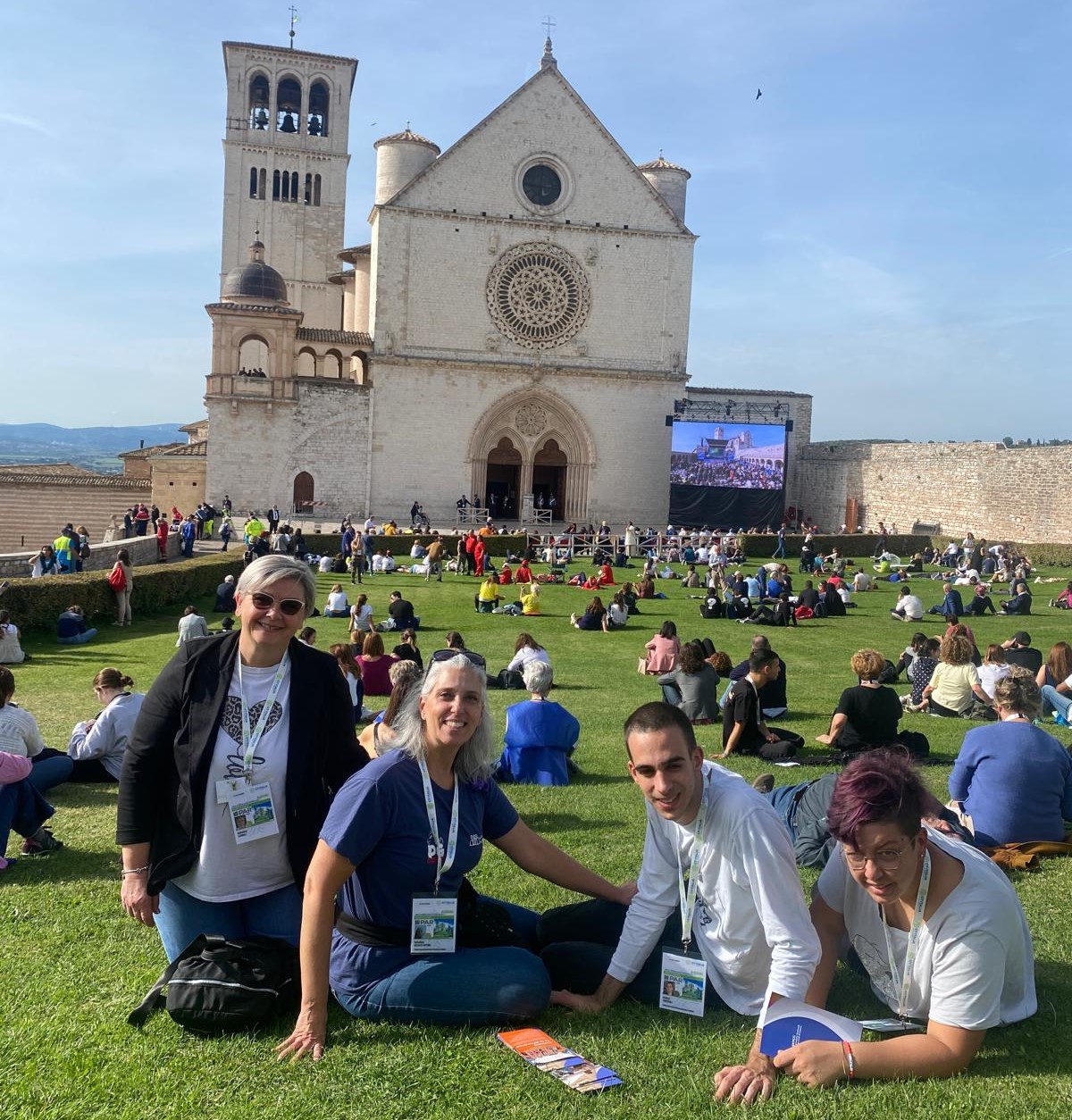We talked about it with Valentina Tomirotti, journalist and activist, and with Valentina Iacucci Ostini, president of “La Brigata Indipendente”. They gave us their different opinions on the event that just ended.
Same name, different opinion. Two different ways (and welcome) of seeing the G7 Inclusion and Disability that just ended here in Umbria and that involved the ministers of the world’s major economies (United States, Canada, Japan, Germany, France, United Kingdom and Italy) more than the guests such as Vietnam, Kenya, Tunisia and South Africa.

Was it a useful summit for discussion? Are these international meetings really necessary? Or are they just a compassionate showcase that shows off a lot of theory and little concreteness? We asked Valentina Tomirotti, journalist and activist, and Valentina Iacucci Ostini, president of La Brigata Indipendente, an association born with the aim of helping the emancipation of young adults with autism spectrum disorders. Two different visions of the same subject and of a topic that involves them, but also many people in the world.
The two Valentines agree on one thing: the choice of location. Assisi is not structurally comfortable and is not completely accessible. Definitely a misstep towards inclusion. “The location is already a mistake, but let’s also say that we manage to climb to the top, thanks to the power of Saint Francis: what’s the point? What new things are you telling me that I don’t already know?” explains Valentina Tomirotti. She is echoed by Valentina Iacucci Ostini, who was at the summit on October 14. “Assisi is a somewhat complicated city on a structural level; there were many people in wheelchairs, or with walking difficulties, who had great problems reaching the various places. Getting around was complicated, also because not everyone had passes to access everywhere. We, with our children, easily climbed up to the Upper Basilica, but people with walking difficulties could not get there. It was not the best location for an event of this kind.”

But Timirotti doesn’t just criticize Assisi, but also the lack of resonance that the event had in the Italian media and social media. “This summer there was the G7 in Puglia and we even knew how much macaroni they ate, no one knows about this G7, it seems like a village festival, the minister’s birthday, an awkward parade. Despite the fact that the greats of the world are involved, no one talks about disability and the event. I still don’t understand why it was organized, like the one last year in Rimini. You have to show that you are useful for something (knowing full well that you are not) and that’s why you organize these jolly parties that lead nowhere. It’s a ministry without a portfolio – that says a lot – and its creation is already discriminatory; a ministry should talk to everyone. But let’s pretend that you convince me of its usefulness: then I want you to make institutional, bureaucratic and concrete interventions; I don’t want caresses, I want answers that go beyond these events”.
Valentina Iacucci Ostini has a completely different opinion. Thanks to the invitation of the Regional Observatory on the Condition of Persons with Disabilities, she experienced the Monday open to all with La Brigata Indipendente.

“The invitation made us very happy because we are a young association, but above all because it was an opportunity to meet old acquaintances, like the PizzAut staff, and to make new friends so we can carry out projects together. We said to ourselves: “It would be nice to have an annual event open to the public where local authorities can meet for constant discussion”. I think they are productive opportunities to network between associations, third sector bodies and cooperatives: the more we ask the State for changes, the more the State must listen to us. This in Assisi was a first step and Minister Alessandra Locatelli is working hard, she listens to us and is making our voice heard, it is not so obvious. We met her, she spoke to us (who are nobody), she made herself understood by our kids with simple language and asked our opinion on how to improve the situation: this is fundamental for us because we have been living in the shadows for years. Thanks to this G7 in our region we have had the opportunity to be seen on a global level. Wow, that’s not a small thing! It is not just about protesting, it is also necessary to give importance to small changes, while keeping in mind that there is still a long way to go.”
Agnese Priorelli
Latest posts by Agnese Priorelli (see all)
- Trabalza and Jin, when photography perfectly blends different worlds and styles - June 19, 2025
- Cristiano Spilinga, naturalist: «The wolf is back. Bears that have been missing in Umbria since the late 1800s have been spotted» - May 27, 2025
- The Cannara onion: poor in the land, prestigious on the table - April 29, 2025

